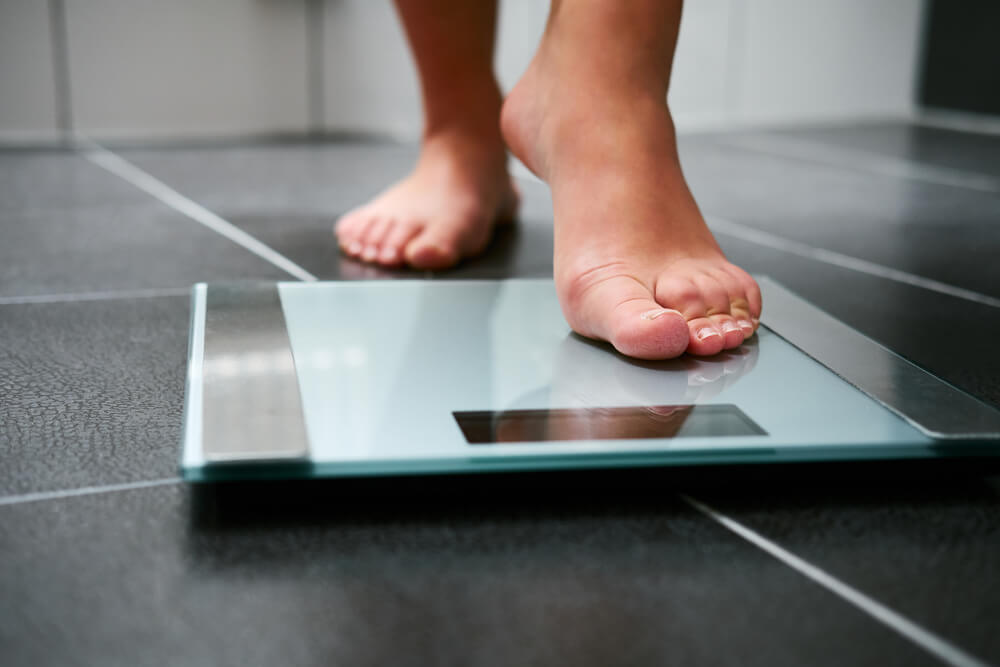We all know that being obese or overweight can cause many health problems and may even lead to life-threatening conditions, shaving off precious years of a person’s life.
However, with the help of doctors who specialize in obesity, concerned patients can get the help they need and get back to optimal weight with determination, dedication, and a bit of perseverance.
Below, we will go over some of the best obesity treatment options and weight management programs to better understand where to get started.
Solutions for Obesity
The most widespread treatments for being overweight and obese include a variety of approaches. Regular exercise, healthy dietary choices, lifestyle changes, weight management programs, and even surgical procedures can help patients reach their ideal weight and live a healthier and fuller life.
For the most part, patients lose a considerable amount of weight on their own with a few easy dietary and lifestyle changes, and can even keep them from regaining the lost weight.
However, in some cases, patients are way too overweight and can’t drop the extra pounds on their own. Then, a controlled obesity treatment might be required, or different treatments, like bariatric surgery, weight-loss medicine, and other devices.
How Much Weight Should You Lose?

A myriad of different weight management programs available on the market grant lightning-fast results. However, doctors who specialize in obesity will often state that losing around a pound per week is ideal.
Apart from that, experts also recommend not losing more than five to ten percent of your total body weight in the initial six months of your diet.
Even such an improvement can help with:
- Lowering the chances of developing all obesity-related health conditions
- Improve cholesterol levels and high blood pressure issues.
Most Effective Obesity Treatments
As said above, here are the most efficient ways to tackle being overweight/obese.
Regular Exercise and Healthy Eating
Opting for healthier foods and staying in a caloric deficit is the simplest way to get back to your optimal weight.
Those who are overweight can pair their new diets with introducing some type of physical activity to their daily regimen. Being more active can increase the number of calories you work, and later on, regular exercise can also help you stay at a lower weight.
Introducing Lifestyle Changes
Limiting fast food intake and joining a gym can be challenging, but they are essential parts of any obesity treatment just as patience, support, and perseverance.
Even then, losing weight and improving your life may be difficult at times, and at certain points, you will probably feel like giving up.
These tips below should help you create the right mindset that can help you push through hard times:
- Set Small Goals: Losing weight is the end goal of all weight management programs, but the small daily/weekly/monthly goals get you there. Instead of making vague statements like “I’ll be more active,” go for something like “I’ll walk 30 minutes every other day.” Start small, and then introduce more intensity to reach your goal—step by step, day by day.
- Prepare for Setbacks: Overeating at family gatherings and parties can happen. Try to minimize these occasions, and don’t beat yourself if they occur. Doctors who specialize in obesity know that these things are normal, and as long as you get back on track as soon as possible, you will reach your goals.
- Seeking Support: Again, doctors who specialize in obesity can support you on your journey, along with family, friends, coworkers, and so on. You don’t have to do all this alone. Furthermore, you can always use food and exercise tracking apps to keep yourself motivated.
Weight-loss Devices
In cases where losing weight becomes difficult, doctors who specialize in obesity might consider more elaborate methods for dropping the unwanted pounds.
These can include:
- Gastric Ballon Systems: one or two balloons are placed in your stomach with the help of a tube going in your mouth. Then, the balloons are filled up with salt water, taking up a considerable amount of space in your stomach, helping you feel more satiated.
- Electrical Stimulation Systems: These devices aim to block the nerve activity between the brain and the stomach. The systems are placed in your abdomen through laparoscopic surgery.
- Gastric Emptying Systems: These devices use pumps that are able to drain a specific amount of the food you’ve eaten after meals. This system also has a tube that goes to the outside of the abdomen from inside the stomach. Patients with these systems simply drain the food from their stomachs after eating.
Specific Diets
There are several diet types available, and your doctor may recommend them.
For example, calorie-restricted diets lower calorie intake considerably, depending on your activity level and weight. The diet plan will most often consist of healthy, nutrient-dense foods, enabling you to stay healthy.
Intermittent fasting is another obesity treatment diet. These diets alternate between “fast” and “fed” days. During the first day, dieters eat little to no calories, while on “fed” days, they can enjoy unrestricted eating. This can be a good strategy for weight loss, still, there’s no long-term data on just how safe and effective intermittent fasting is when it comes to post-diet weight maintenance.
Weight Management Programs
A formal weight management program can work for most dieters. These are well-designed plans designed by specialists consisting both of lower-calorie meal plans and exercise programs.
With these programs, you will either be working together with your specialist, either individually or as a part of a group.
Weight-loss Medicine

When a lower calorie intake and exercise simply aren’t enough, your doctor may turn to different compounds to help you reach your ideal weight.
There are a lot of dietary supplements that claim to help you lose weight, but some of them may actually be hazardous to your health. As such, it’s always best to consult with your doctor before you opt for any supplement.
Also, taking these compounds will still mean that you will have to keep exercising regularly and eating healthy.
Bariatric Surgery
This surgery includes several operations aiming at helping you lose weight. These procedures change your digestive system and are most often recommended in cases of extreme obesity or keeping the patient from regaining lost weight.
Also, bariatric procedures could be used in treating lower levels of obesity when the patient suffers from other conditions like sleep apnea or type 2 diabetes.
Losing Weight Doesn’t have to Be Difficult
A healthy weight can prevent a myriad of health problems and improve your quality of life significantly. Dropping weight can be challenging, but it’s not impossible. It takes time, patience, and determination, and the results are more than worth fighting for.
And remember, you don’t have to do it all alone. If you need an experienced specialist, reach out to us today. We are more than happy to help you get back on track.


